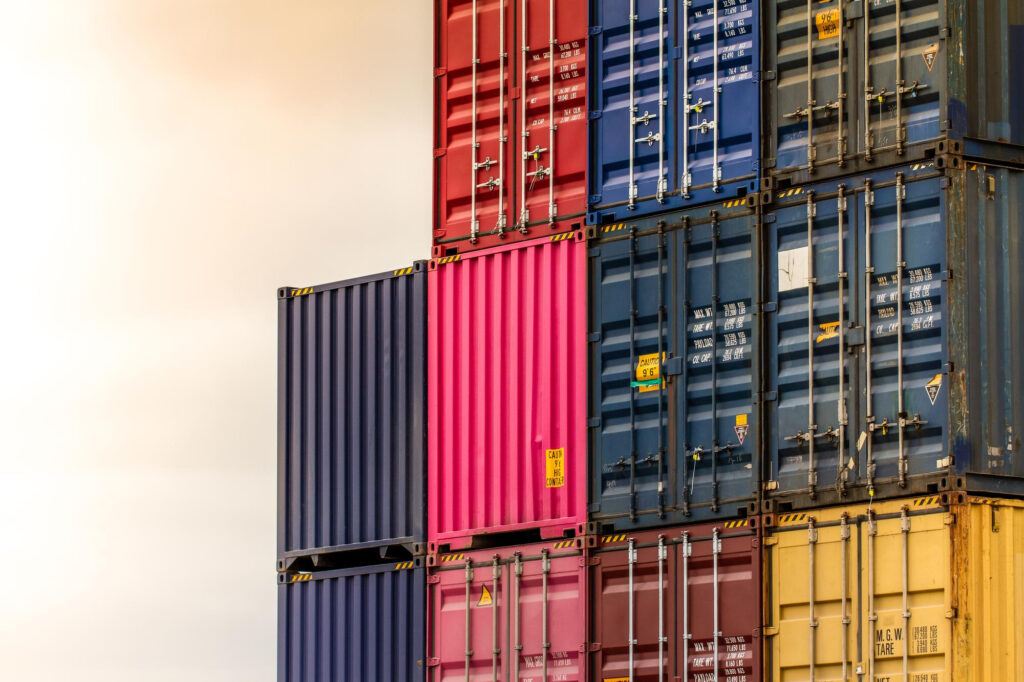In logistics, time is money. And nowhere is that clearer than at the Port of Philadelphia.
This port doesn’t waste time, and it doesn’t waste resources. It’s built for businesses that need their cargo off the ship, on the road, and into the market without missing a beat.
But Philadelphia isn’t just about moving goods—it’s about moving them better. The Port of Philadelphia has built its reputation not on size alone but on tackling the nuances of modern logistics head-on.
With specialized solutions for complex challenges, the port has become a key ally for businesses looking to optimize drayage and beyond.

Tailored Drayage for Niche Needs
Philadelphia stands out for its ability to handle specialized cargo that many ports struggle to accommodate. From oversized machinery to delicate pharmaceuticals, the port’s infrastructure is designed to address a diverse range of requirements. Advanced terminal layouts and precision handling systems make it ideal for industries with unique logistical needs.
- The Port of Philadelphia has initiated the Southport Berth Development project, constructing a new 1,033′ x 115′ multi-use wharf to enhance its capacity for diverse cargo types.
Actionable Tip: When moving oversized or fragile cargo, ensure clear communication with terminal operators about your shipment’s specific handling requirements. Double-check documentation and ensure freight dimensions align with terminal capacity guidelines to avoid processing delays.
Modern Infrastructure Keeps Freight Moving
Recent upgrades to the Packer Avenue Marine Terminal have expanded capacity and improved cargo handling efficiency. Investments in larger cranes, expanded berths, and upgraded logistics systems have created a seamless flow of goods from ship to truck.
- Philadelphia’s expanded refrigerated storage facilities now handle more perishable goods than ever, making it a prime choice for food and beverage companies.
Actionable Tip: Align with logistics providers that offer integrated warehousing and drayage solutions to capitalize on the port’s upgraded infrastructure.
A Strategic Role in Resilient Supply Chains
As global supply chains face increasing uncertainty, Philadelphia is doubling down on resilience. Recent investments in backup systems for cargo tracking and alternative route planning have helped businesses mitigate risks like port congestion and labor shortages.
- In September 2024, the U.S. Department of Transportation allocated $217 million in MEGA grants to the Port of Philadelphia expansion project, aiming to increase shipping capacity and efficiency.
Actionable Tip: Establish contingency plans for your shipments by identifying alternate routes or secondary logistics providers in advance. Monitor real-time cargo tracking tools to stay updated on your shipment’s status and act quickly if disruptions occur.
Empowering Small Businesses Through Efficient Drayage
While larger companies often dominate logistics narratives, Philadelphia’s port has made strides to support small and medium-sized enterprises (SMEs). With simplified entry processes and cost-efficient solutions tailored for smaller shipment volumes, SMEs can access the same advanced logistics capabilities as major players.
- Industry Highlight: Philadelphia’s port infrastructure supports diverse cargo needs, including containers, breakbulk, automobiles, and bulk, making it accessible for smaller businesses as well as large enterprises.
Actionable Tip: For SMEs, consider consolidating shipments to take advantage of economies of scale. Engage directly with port authorities to explore reduced fees or tailored programs designed for smaller operators.
Fostering Sustainability Through Collaboration
Sustainability isn’t just a checkbox for Philadelphia—it’s a collaborative effort. The port recently partnered with local communities and businesses to develop innovative green logistics solutions, including shared-use electric trucks and energy-efficient refrigeration systems.
Actionable Tip: Explore programs like grants or subsidies for upgrading to low-emission vehicles. Invest in monitoring tools to measure and reduce the carbon footprint of your logistics operations.
Your Drayage Partner in Philadelphia At East Coast Warehouse, we thrive on complexity. Our expertise in Philadelphia’s evolving logistics landscape means we’re equipped to handle everything from niche cargo to unpredictable supply chain disruptions. By prioritizing innovation and adaptability, we ensure your cargo is always moving—no matter the challenge.
